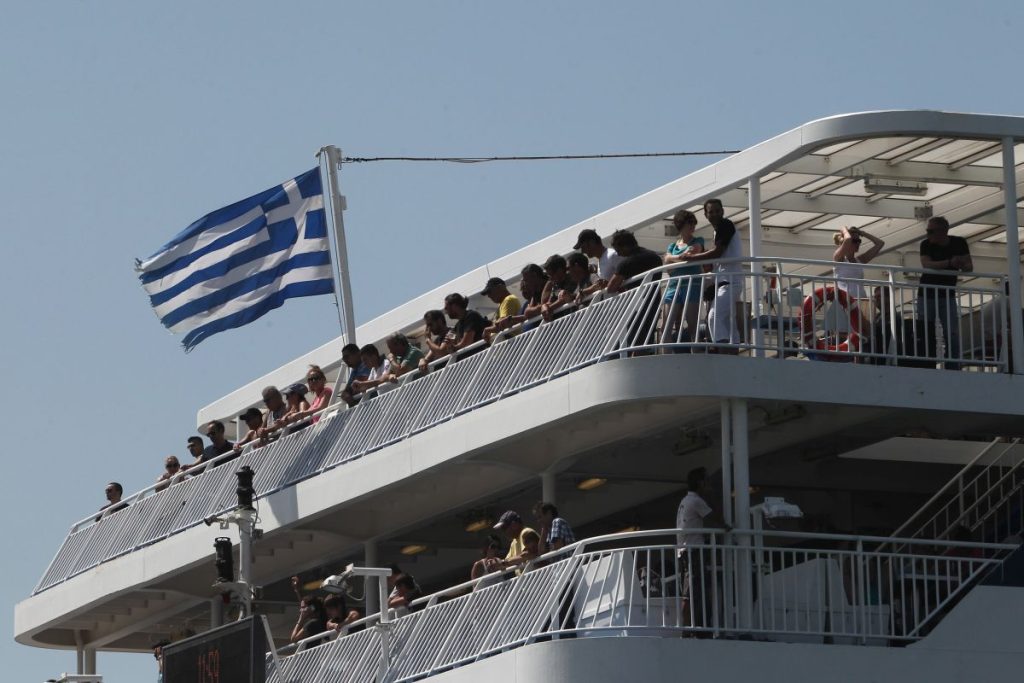By Andreas Andrianopoulos*
This dance around the maypole of the Greek-Turkish rivalry with threats and at times more tense relations – with many foreigners, allies and others, at various times playing the role of mediators or agents for the defusion of tensions – cannot continue.
The pattern of the Turkish side threatening and the Greek side declaring that it “will not tolerate threats and provocations” has become tiresome and has driven matters to a dangerous point.
It would be well to set boundaries that will be clear to all and sundry, friends and opponents, with the aim of clearing up the situation with clarity and without confusion.
The issue that arises is that when we stress that we shall not accept any disputing or violation of our national sovereignty, we have an obligation to make clear to what point that sovereignty extends.
When we say that our territorial waters are six nautical miles but we have the right [under international law] to extend them to 12 nautical miles, we cultivate a lack of clarity and reasonable misinterpretations.
This is all the more true when we maintain that our national airspace [which under international law matches a country’s territorial waters] is 10 miles, which even our close allies, such as the US, do not recognise.
We have never incorporated this in an official map distributed to all interested parties.
As [former New Democracy minister] Stephanos Manos has rightly underlined repeatedly, this purposeful absence of maps aggravates the existing inertia and increases confusion.
Manos stresses that, “We proclaim that we will not cede even a scintilla of our rights, but we do not follow through. Do our territorial waters extend to 12 nautical miles or is that just claptrap? I believe that we are obliged to imprint what we say on a map.”
It does a disservice to a country that wants to be considered serious to say that, “We have this much, but we can make it that much.”
It is a given that if Greece issues maps, that will create tensions, as they will be disputed by some.
The necessity, risks of going to the ICJ
Yet, it will serve as an opportunity, in front of the international community, to go to court [the International Court of Justice (ICJ) at The Hague] and resolve any differences.
Some argue that this would not be in our interest, because certain decisions may not be in our favour. That, however, is an indirect admission that it is not certain that we are right about everything.
After all, as in any negotiation, it is impossible for one party to win 100 percent.
The dangers of kicking the can down the road
What is the ultimate objective of maintaining a lack of clarity and grandiose rhetoric?
Some maintain, naively in my opinion, that at some future point, conditions may be more favourable for our interests, but what if they worsen?
Our neighbours in the interim, exploiting our intentional lack of clarity, are disputing and violating our sovereign rights, even as we continue to simply ply along with “proud” proclamations and assertions.
All the while, we are being subjected to provocations and claims regarding the supposed existence of “grey zones” [geographical areas in which Ankara disputes Greek sovereignty].
This way, however, nothing can be resolved and clouds thicken.
The need for maps
Consequently, maps are needed.
We must define the limits of our tolerance and those limits – violations of which we will under no circumstances tolerate on the ground, and not just verbally – must be made known to everyone.
We must make perfectly clear to our allies what we shall not tolerate, so that both they and we can plan accordingly.
Good accounting makes for good friends, as the Greek saying goes.
* Andreas Andrianopoulos is an author, columnist and academic and as a liberal member of New Democracy held various cabinet portfolios between 1976-1994. He has also served as mayor of Piraeus.




